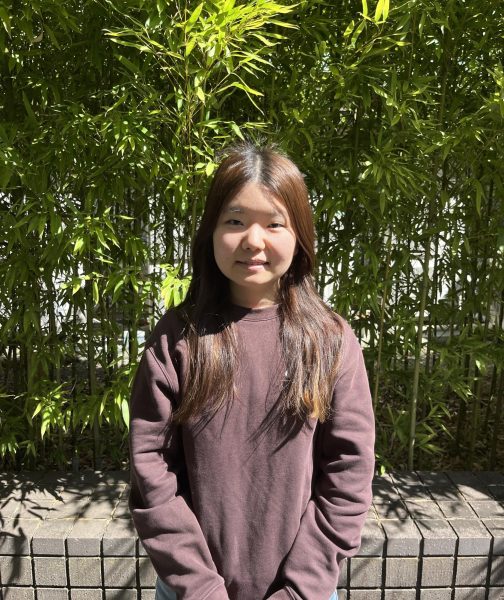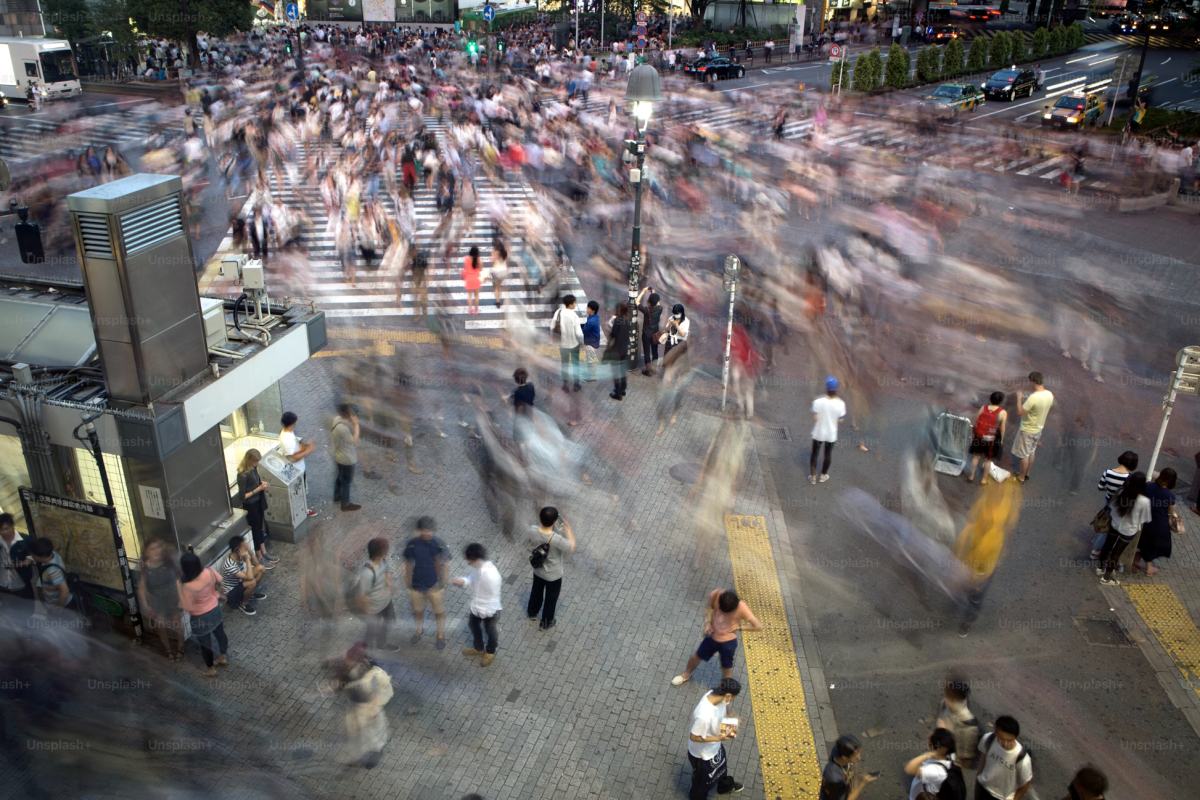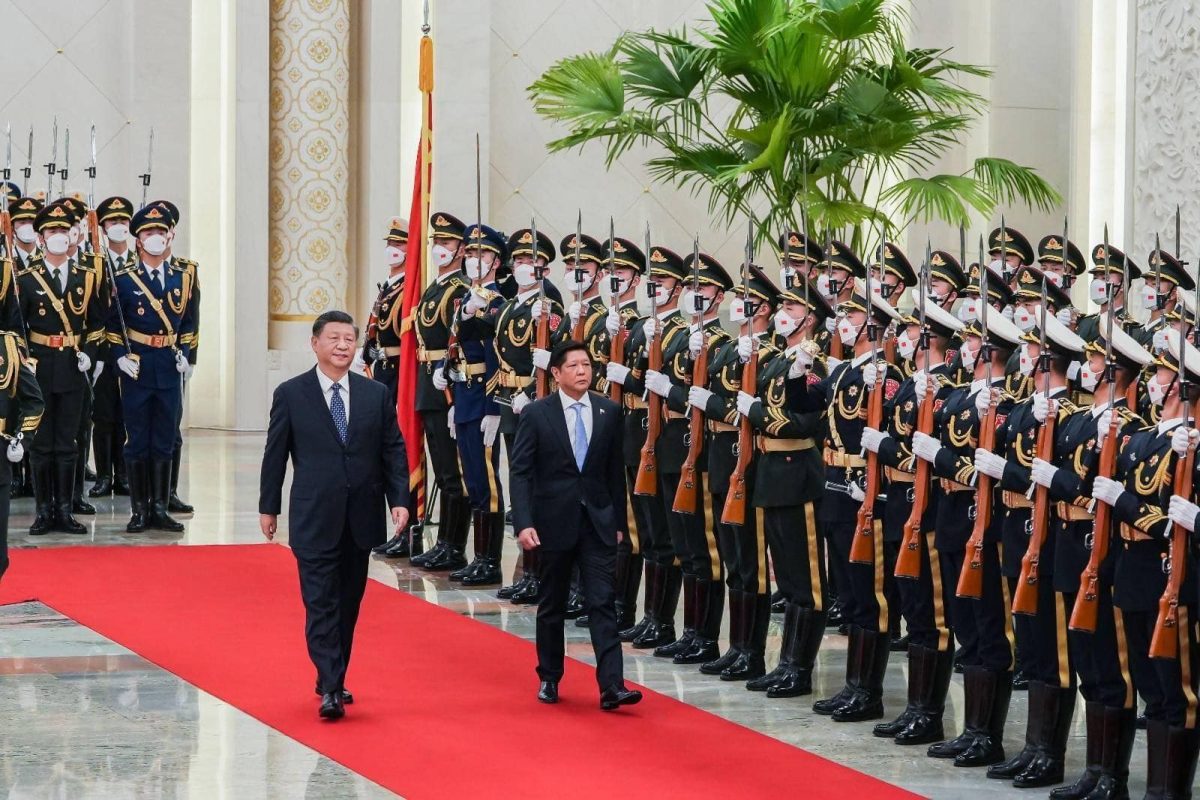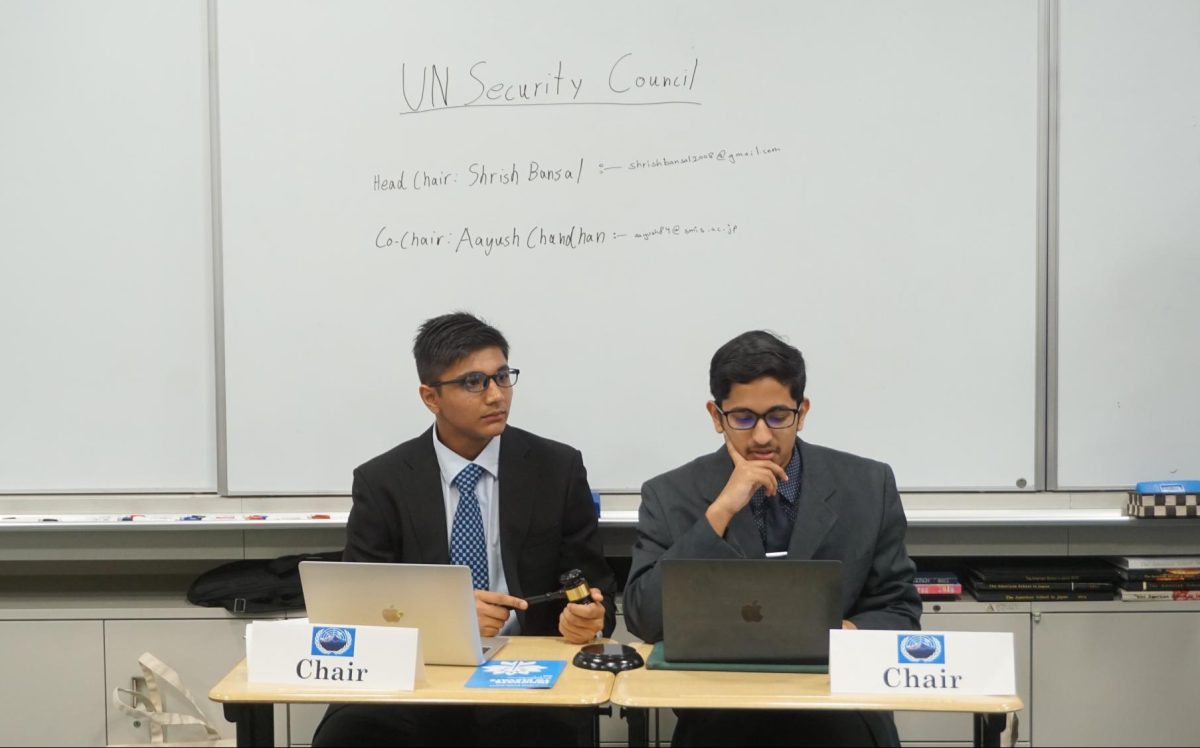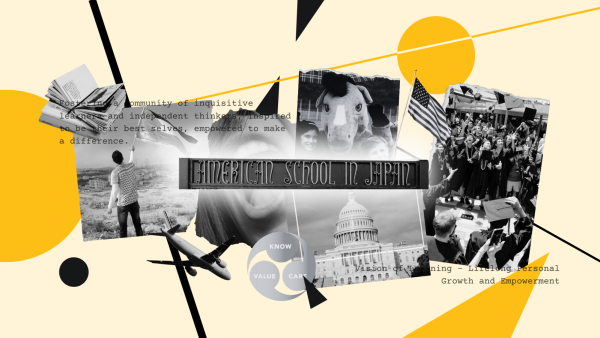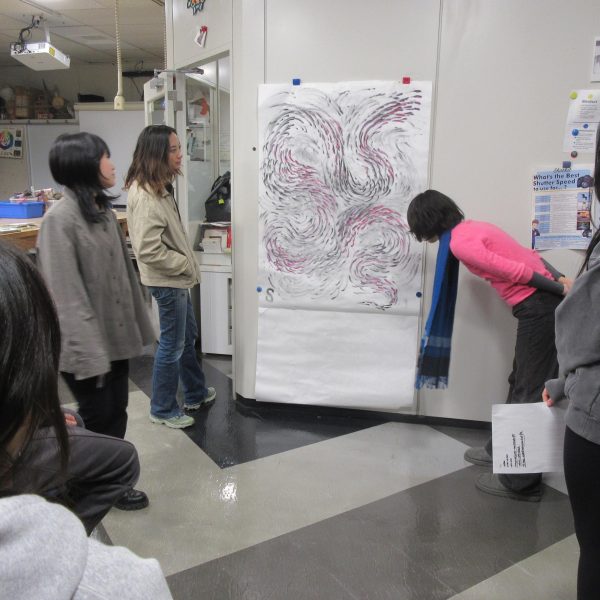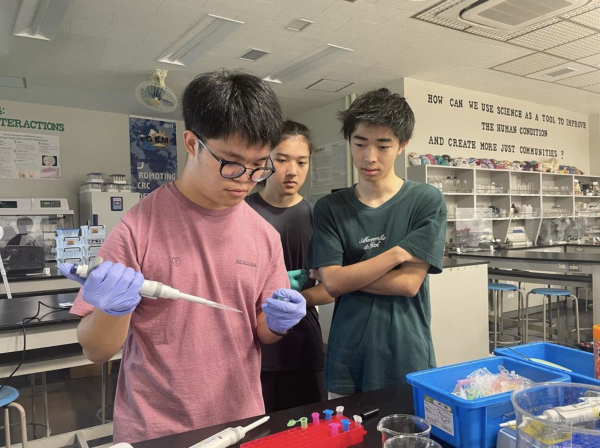“In one moment, everything changed”: Women in the Ukrainian War and Their Stories of Survival
April 25, 2022
How will history remember the War in Ukraine? As Cold War tactics of isolationism and containment are employed by the West, the geopolitical conflicts that have characterized the ongoing crisis seem, to many, a mirror image of the high bilateral tensions between the United States and the Soviet Union during the late 20th century.
However, it is more than clear that this new Cold War is nothing but cold, with the number of casualties, injuries, and refugees rising by the minute.
Following Putin’s unprovoked invasion of Ukraine on February 24, millions of women, children, and elderly people fled the battle-scarred country, many packing a lifetime of memories into a few suitcases. The mass exodus of Ukrainians—the largest displacement of Europeans since the second world war—has led many governments across Europe to facilitate the hosting of refugees.
Behind the headlines and statistics, there lies a story of every soldier, parent, and child affected by the ongoing war.
Throughout the past few weeks, I reached out to several women on the frontlines of the war, often with the help of online refugee support groups. Through these conversations and email exchanges, I had the immense privilege of listening to these individuals’ stories as they have navigated periods of unforgettable terror, pain, and hope in the last couple of months; their lives have been entirely upended, and changed forever. These courageous individuals are part of the 4.6 million refugees hailing from Ukraine and the thousands of medical aides that have rushed to the frontlines of the crisis, but their stories tell truths that logarithmic graphs and statistics cannot; the novelty of their experiences fill the gap between data and truth, putting faces to the numbers.
These are three stories that expose and capture the sheer horrors of war—raw, unfiltered voices that throw statistical reports into the shade and speak truth to power. All of these stories were received in English and were lightly edited for clarity and grammar.
Victoria Verbovaya, 34
Lawyer and Psychology Student
Interviewed on March 29, 2022
My children and I are now in a volunteer refugee center in Bucharest, Romania. We really miss our home and want to go back, but we can’t since the war is getting worse every day. In Ukraine, I left my husband, brother, and mother. Right now, my children and I are thinking about where to live so that they can study and be safe.
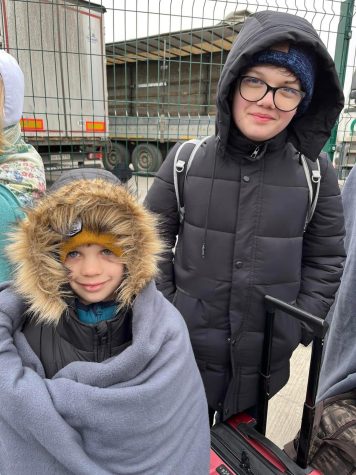
My name is Victoria, and I am 34 years old. I have two children with me. Now, I am in a shelter for refugees in the city of Bucharest, Romania. You can stay in the shelter for up to three weeks, after which you need to find a permanent place to live. Here, we are treated very well; we are provided with everything necessary for life, including food and shelter—but the most important things are a sense of security, peace, and love.
You can’t find those things here all the time.
My way to Bucharest was long and hard; my home is in Kazanka, located in the Mykolaiv region. Deciding to leave home was harder than deciding to go to the perilous border; it was very difficult to leave my mother, husband, cats, home, friends, school, work, and go to another country—a foreign country—and possibly never return.
The war began on the 24th of February, but we decided to leave on March 16th. During those days, we lived in fear, hoping that the war would end. It did not end. Every day, we heard air raid signals and hoped that the air defense systems of the Ukrainian armed forces would shoot down the missile and that it would not hit anywhere. Every day, the news broadcasted about the destruction in Kyiv, Bucha, Gostomel, Kharkiv, and Mariupol, and I remember weeping together with my family.
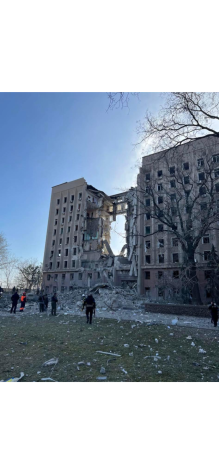
On the fourth day of the war, my husband began to equip the basement with necessities; he put a mattress, chairs, water, canned food, and candles there. Even then, we still wanted to stay in Ukraine and hoped that everything would end. In those days, the Russian military dropped nine rockets on the city of Bashtanka, and my husband said that we definitely need to leave, seeing as we live near this city. I tried to collect all the necessary things and told the children that we were temporarily going to another country because it was safe for them there. “We will definitely return home,” I told them. Now, the possibility of us ever going home seems slimmer by the day.
On the morning of March 16th, we got into the car and my husband drove us east, towards the Romania–Ukraine border. We had a distance of 1448.8 kilometers ahead of us. Anytime we entered a new city, we were stopped by the Ukrainian military at designated checkpoints as they checked our documents and searched our car. Every day at six in the afternoon in Ukraine, a government-imposed curfew would begin, and movement in the streets was prohibited. It was important to find shelter before six o’clock, and luckily, we were able to reach the city of Vinnytsia and stay at a hotel for the night before the curfew.
Sirens were heard again during the night. We departed at eight o’clock on the morning of March 17th, as the curfew had ended. At three o’clock in the afternoon, we had finally reached the border.
There were a lot of people at the border on foot, in buses, and in cars. I got out of the car with the children, said goodbye to Vitaly—my husband—and approached the border. Since there were a lot of people waiting for their documents to be checked by the border guards, everything took a long time, and it was quite cold outside. At this point in my story, I wish to thank the very kind volunteers from Romania; during our wait, they went to people and offered them blankets, food, tea, and water without rest.
At six in the afternoon, we crossed the border to Romania. On the other side, we were met by firefighters who put us on a bus headed to the city of Suceava. After our arrival there, we went to the railway station to go further south to Bucharest. We arrived at the Suceava railway station at seven in the evening to catch the train to Bucharest, which was leaving at 11:30 pm. We waited for four hours as Romanian volunteers distributed heat packs and blankets.
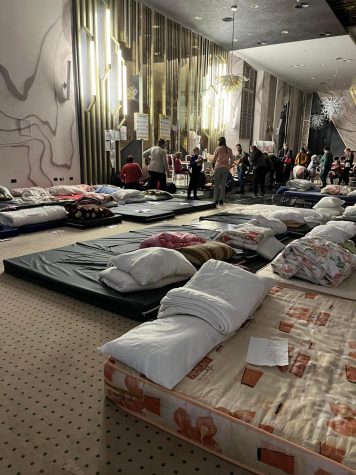
We arrived in Bucharest at 5:30 in the morning. We were extremely exhausted, and the uncertainty that lay ahead of us added to the stress and terror of it all. “We have nowhere to go,” we told the volunteers in Bucharest, who offered to take us to a transit shelter for refugees.
Now, as I mentioned at the beginning, we are at the refugee shelter and we are thinking about what to do next. Every day, I call my husband Vitaly on the phone. “It looks like the war is long,” he tells me.
All my relatives and friends are helping the Ukrainian army defend our nation. Everyone that has the financial means to do so transfers money towards the army; others help with food and volunteer to patrol the city at night, despite the high risks that come with it. For example, my friend joined the army and fought on the frontlines of the war. In a battle in the Donetsk region on March 24th, he was wounded terribly; he sustained injuries in his internal organs, lungs, spleen, and intestines. He was operated on in the hospital, and miraculously, he is alive.
I now understand that my life was wonderful as it was calm, safe, and stable—it was heavenly. At the age of 20, I completed my training as a lawyer and worked in court shortly after. For the last six years, I had worked at an employment center—a very good and stable job.
My personal relationships were wonderful as well. My husband Vitaly and I have been together for 18 years; I have no idea what I would do without him as we are always together.
My eldest son, Roman, is 13; he is a calm and intelligent boy, and he had recently learned how to play the saxophone and attended additional classes in mathematics. Now, all classes have stopped. My youngest son, Misha, is seven years old. He had just started first grade and had not yet learned to read. Before the war began, he went to a music school and learned to play the piano as we had recently gifted him one for his birthday. He also attended football classes and regularly played chess online using Lichess, an open-source chess server. We truly had a wonderful life.
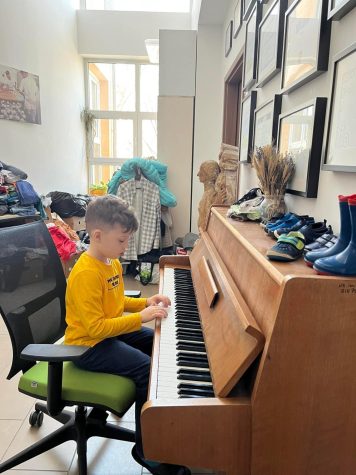
At 34 years old, I felt that I wanted more professional development for myself and decided to study psychology in September of last year. Pursuing psychology had been my dream, but it seems that my career path was not destined for me, taking into consideration recent events.
Everything has changed. The war began, and in one moment, everything changed. I do not speak English proficiently, and my law degree cannot be used abroad.
What awaits me is not known.
Elena Morgun, 37
Real Estate Agent
Interviewed on March 27, 2022
My story starts on the 24th of February when the Russian rockets first attacked Kyiv at four in the morning. I quickly fled the town with my partner to a small town about 100 kilometers from Kyiv, where my relatives reside. It’s so much safer compared to staying in Kyiv.
During the day, we have air raid alerts about five to six times a day, alerting us that we should go to the bomb shelter. Despite the many air raid alerts that go off every day, I am very thankful that nothing has happened in the town I have relocated to; Russians tend to attack big cities like Kyiv, Kharkiv, Chernigiv, and Mariupol, so I feel that we’re safe—at least, for the time being.
As I look outside, there is not one building that is not destroyed. Lots of people sitting in bomb shelters are dying as they have no access to food and water for more than a week; many are unable to safely go out to get food, and nobody can help these people—even humanitarian volunteer groups—since the Russians have surrounded the city and readily fire at civilians.
This is especially frightening since I have some friends who are in the Territorial Defense Forces (TDF) and are protecting Kyiv. They truly love Ukraine and are ready to give their lives to protect it. I pray for them every day, along with all the other people who are bravely defending our country.
Before the invasion started, my life was quite nice; I worked in Kyiv as a real estate agent and led a calm life with my partner. Throughout the past three years, Kyiv’s economy was flourishing due to growth in sectors such as real estate, IT, marketing, and hospitality. Many people came from abroad to seek new job opportunities in Ukraine, anticipating its membership in the European Union.
Fast forward to today, and we both don’t have jobs, we left our only home, and I don’t know what the next day will bring. All the bridges around my parents’ house in the Chernihiv region were destroyed, blocking off humanitarian aid. Somehow, the villagers there have managed to survive, but it pains me to be unable to see my parents.
It was my choice to stay in Ukraine. I don’t want to leave as it would be hard for me to leave my partner, my home in Kyiv, and my parents in this country.
Despite the blood that litters our streets, hope has become the frontline in our war against Russia. Of course, people are frightened; they just want to live their lives as normal without fearing death every second of the day. However, many people don’t want to leave Ukraine—we want to be here until the end when we win back our territory. We stand united in our belief that we will emerge victorious from this struggle.
I am still in disbelief over the fact that Russia attacked my country for no reason.
Ukraine was a sovereign country in Eastern Europe that was developing step by step with its own resources and hardworking people. A lot of different nationalities were working and studying here, including lots of Russian and Belarusian people; in fact, throughout 2021, around 5,000 Belarusian people ran from their country to Ukraine to flee the Lukashenko administration, and it angers me terribly to see Belarus stand in solidarity with Russia since so many of its people now reside in Ukraine. Both Belarus and Russia’s actions will never be forgotten, and history will remember this war as a terrible, unethical affair.
Sibel Ali, 26
Romanian Medical Volunteer
Interviewed on April 7, 2022
As Russian troops started building up near the Ukrainian borders in November 2021, rumors of war and inquietude filled the atmosphere. Public opinion was divided. On one hand, some were certain that a conflict was out of the question and believed this act to be solely a puerile manifestation of power and intimidation. Some knew it was the start of a new page in history—a dark one.
The pandemic had taken a large toll on the Romanian economy and lifestyle. We were finally seeing the light at the end of the tunnel when the terror of war left us breathless. The first days were clouded with panic. We left the TV on 24/7 on the news. We were not certain of what stance Romania would take. Were we going to war? Should we store food? Should we leave? Soon after the war started, the passport offices were filled.
Now, the Romanian community is focused on helping the Ukrainian refugees. The borders are filled with young, old, women, and men from all over Romania trying to be a part of the healing of this historical trauma. Some offer accommodation, some offer food and warm drinks, some offer a good word, and some offer medical help. There is always something to offer—even a smile can go a long way.
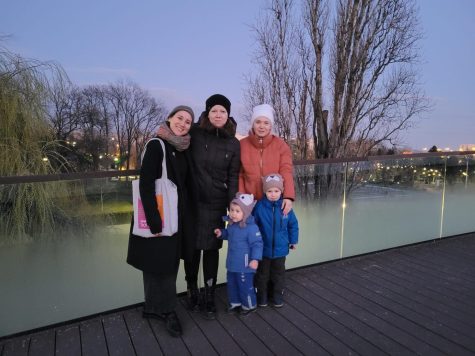
I took peace for granted. The start of the conflict has taken me aback. I could not believe that history was repeating itself again, and I started looking for ways to help. The Medical Residents Associations posted a call for residents to offer medical care for the refugees in one of the main transport hubs in Bucharest, Gara de Nord, the central train station. I signed up.
There, four large halls were organized to receive the refugees, who were constituted mainly of women and children. For the majority of cases, this was a transit stop before leaving towards the west. Regularly, citizens came to donate medical supplies, personal care products, and food. In one of the halls stood the medical area, filled with medicine, both for adults and children.
As medical volunteers, we offered medical advice and medicine based on short anamnesis—a patient’s medical history. The main complaints came from children—they complained of headaches, bellyaches, diarrhea, vomiting, and insomnia. The mothers rarely complained about themselves. Their children were more important than their sharp headaches, menstrual pains, or panic attacks.
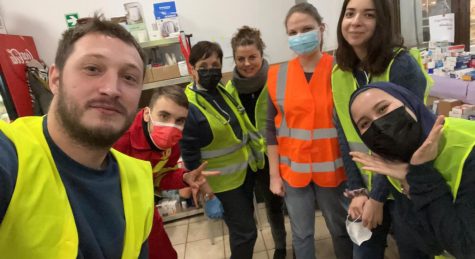
Among the medical volunteers, there were always people coming from abroad. One of the first foreign volunteers was called Darren, who came from the UK for a few days to offer help. He was invaluable because he knew the UK sign language and helped the team in some incredibly difficult situations. After his departure, we made a request to permanently have a sign language interpreter in our team. Darren is just one example of the many international volunteers that have been present ever since the beginning of the war. We are so grateful for their help!
In regards to some actions that citizens across the world can take, donate to trusted organizations. Donate or volunteer to your local resettlement agency. Participate in creating new workspaces. Keep learning about the complex history of the region. Last but not least, let’s remind ourselves this is not the only refugee crisis taking place right now. Peace and safety are unalienable human rights, regardless of race, ethnicity, and religion. So, let’s give a voice to all those in need and help all the communities currently in distress.
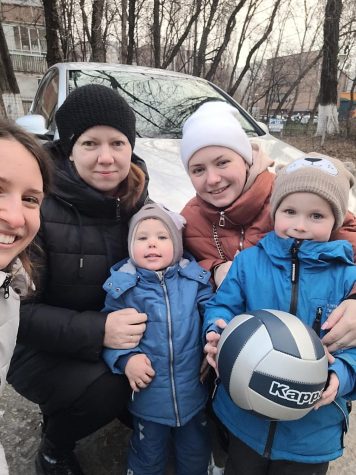
Women and chlidren—who make up approximately 90% of displaced Ukrainians—stand at the center of the current refugee crisis as they navigate the uncertainties of an erratic geopolitical war. In fleeing Ukraine, they face the prospect of gender-based violence, sex trafficking, and family separation. In staying in the war-torn country, however, the dangers that may greet them are even more life-threatening and fatal.
Victoria, Elena, and Sibel’s stories are a microcosm of the harrowing experiences that are shaping women’s lives throughout the war in Ukraine. As echoes of WWII reverberate through the battlefields of Ukraine, it seems necessary that humanity hears them—otherwise, we will simply end up repeating them.
Japanese translation of this article: https://docs.google.com/document/d/1Uoi48SydeSPB0-6C2NfokUQqPmkELX_pqsJAU1oNzWQ/edit?usp=sharing

